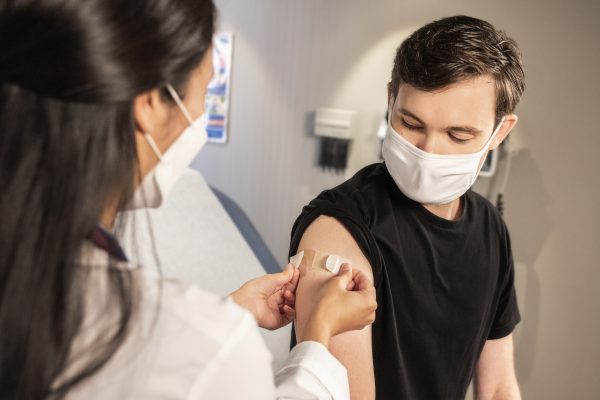Background
Fraud and scams are pervasive in American society. However, more research is needed to understand how historically underserved and underrepresented segments of Americans experience fraud and scams, particularly American Indian and Native Alaskan communities.
Objective
The study aimed to help AARP to understand the types of scams that American Indian and Alaska Native communities are experiencing, the impacts of those scams, and trusted channels for communicating within indigenous communities.
Methods
The research consisted of three mini-focus groups with 2-4 participants each, two traditional focus groups with 4-6 participants each, and 20 in-depth interviews (IDIs), resulting in 39 participants who represented a range of ages, genders, tribal affiliations, living situations, and geographies. The interviews and focus groups were conducted online and by phone with two trained moderators, one of whom was American Indian and the other of whom was Alaska Native.
Key Findings
The research offers valuable insights for empowering American Indian and Alaska Native communities to recognize and prevent fraud within their communities.







